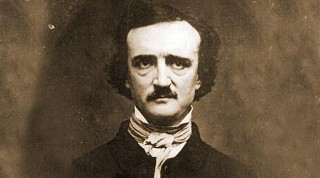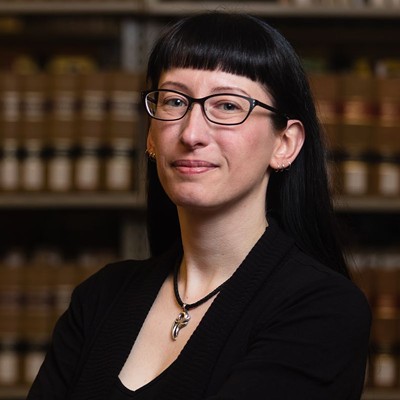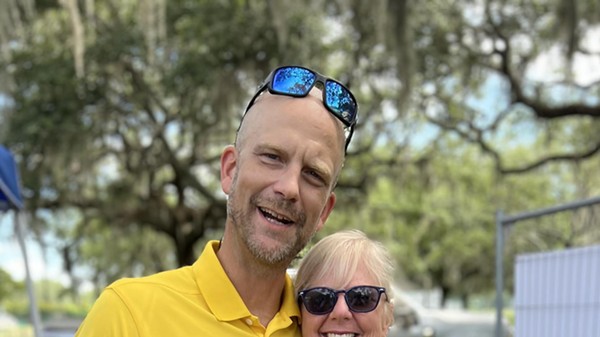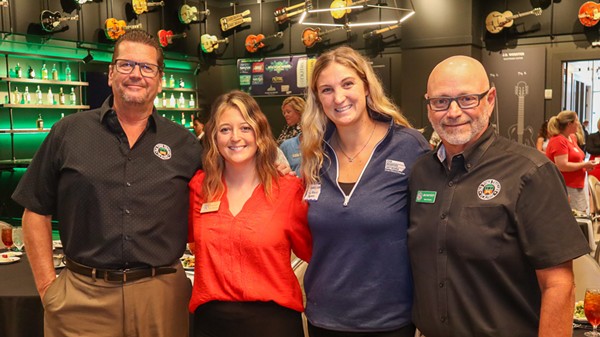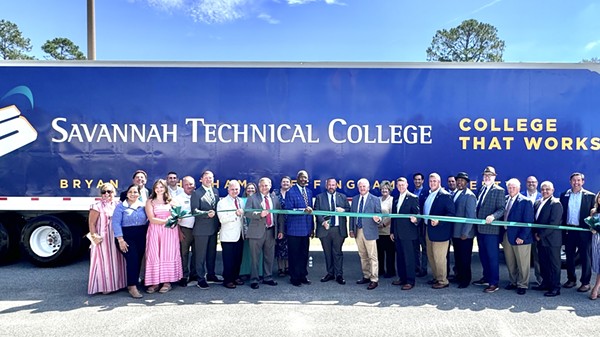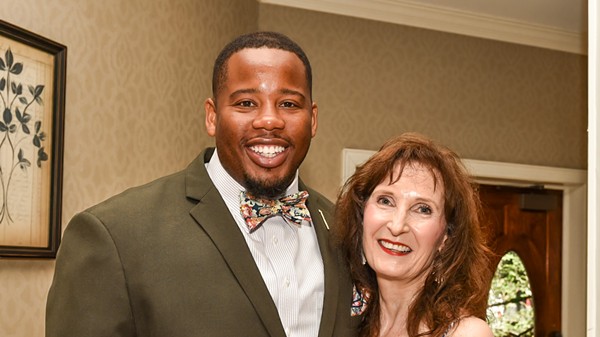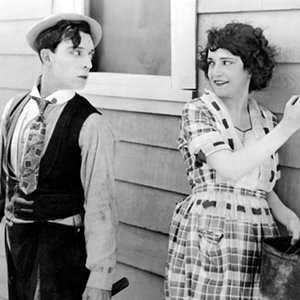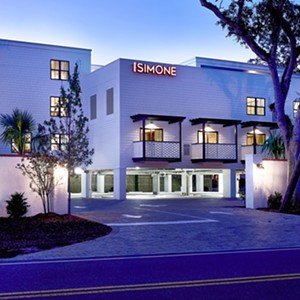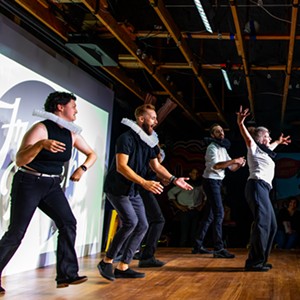I was a kid who read under the covers with a flashlight. Suffice to say, I always assumed I would be an English major.
I was also, at a young age, allowed to watch old, and sometimes frightening movies. I believe my first Hitchcock was at age 5 or 6. Therefore, it is hardly surprising that my affinity for storytelling and the macabre led to my love of Gothic literature.
Even though I was "undeclared" my first semester of college, I took the first requisite class for an English major. I was miserable. The professor was, it seemed, minimally interested and only barely qualified.
If this was anything to go by, I would have to rethink the next four years.
But when it came time to register for classes for the second semester, I saw something called "The Detective and Criminal in Literature." I decided to give it one more try.
The class focused on the history surrounding the fascination with the annals of crime and how such a prim and proper society as the Victorians could become so obsessed with the dark and sinister.
We learned about Poe, Vidocq, Conan Doyle, in addition to Hammett and Chandler. I was hooked.
This year is the 200th birthday of Edgar Allan Poe. Poe was born in 1809 in Boston to parents who were actors, but by the time he was about three, was living with a foster family in Richmond, Va.
After a failed academic then military career, he settled into making writing his only source of income. He wrote poems and tales as well as edited various publications before dying at the young age of 40 in Baltimore.
But in his truncated life, he managed to change the face of American literature (in fact, in 1909 the New York Times ran a full-page piece called "What Literature Owes To Edgar Allan Poe" by Percival Pollard). In it he wrote, "The point is that Poe was entirely, without greed or selfishness, was a man of letters. We have had no other such."
It is with great anticipation that Stephen Rachman, Ph.D. is coming to Savannah to present a series of lectures on Edgar Allan Poe - just a few days before Halloween, no less. It is all part of the celebration of his bicentennial - and will be free and open to the public as a part of a program put on by "Senior Citizens, Inc." who are dedicated to lifelong learning.
I spoke to Dr. Rachman about the four lectures that he will be presenting, his own attraction to Poe and Poe's connection to the South.
Without giving too much away, tell us a little bit about the topics you will be discussing.
Stephen Rachman: The first will be on Poe and the Origins of Detective Fiction. This lecture explores how Poe, through his interests in the modern urban newspaper and cryptography, came to invent the genre and how it took off in the years following his death. In this talk I will invite our listeners to imagine a world before detective fiction and describe the process through which Poe distilled the genre from the city.
The next will focus on Poe's Drinking, Poe's Death. Drink, drugs and death are the three areas of Poe's legacy that have engendered the greatest mythologization, speculation, and mystery. This lecture explores these areas of his life and how we have thought about them in 150 years since his death.
Thirdly, I will talk about Poe's Gothic Premises. From the gothic to the goth, this lecture explores how Poe's gothic imagination-Roderick Usher to the The Raven--emerged in the 1830s & ‘40s and how it has been transformed in the popular culture of the 20th century.
Lastly, I will present on Poe and the Pseudo-Documentary: Many of Poe's most fascinating works were hoaxes, attempts to present a fictional premise as fact. This lecture will discuss the ways in which Poe's writings continually engaged with the problem of real and the unreal and explain what Poe has to teach us still in our own age of "reality"-TV.
Why did you become interested in Poe?
Stephen Rachman: I grew up in Concord, Mass., and have had an abiding interest in 19th c. American literature (Thoreau, especially) but in graduate school I began to take a serious interest in Poe. I was working on a paper on literary plagiarism and found Poe to have written some of the most extraordinary things on the topic (he had actually planned to write an expose called Notes on American Cribbage) and his discussions of mental states in which the creative process takes place were absolutely brilliant and fascinating. My professional interest grew from there.
Why do his works still hold such importance, 200 years later?
Stephen Rachman: 200 years after his birth, Poe's writing remains as popular and shocking as ever. The genres he pioneered (detective, horror, and hoax) have become the staples and foundations of popular entertainment. Most people find romantic notions, attitudes, and postures, to be idealist or outmoded and yet, there is Poe at the center of it.
In our lifetimes, we have witnessed the startling rise of Halloween as it has grown in popularity as a holiday and is celebrated with an alloyed glee throughout the country and in a sense the attraction of the holiday is similar to Poe's. It is visceral and mysterious.
What, if any, connection does Poe have to the South or Southern literature?
Stephen Rachman: Poe has been claimed by many cities and countries even (France, England). He was born in Boston but that was a mere accident of his mother's itinerant life as an actor. His relations were concentrated in Baltimore and England, and his adoptive parents raised him in England and Richmond. He came to prominence as a writer and editor in Richmond and Baltimore and Philadelphia. Had his greatest fame as poet in 1845 with the Raven in New York City.
He spent time in Charleston at Ft. Moultrie in the army and set "The Gold-Bug" on Sullivan's Island (that is the closest that I know of him getting to Savannah). So there are Southern connections in Poe, perhaps expressed most forcefully in Alan Tate's (author of "Ode for the Confederate Dead") "Our Cousin, Mr. Poe." But, as I say, many have claimed kinship with Poe.
Poe at 200: Legacies and Reverberations of Edgar Allan Poe
When: Oct. 26-29 at 7 p.m.
Where: First Presbyterian Church, 520 Washington Ave.
Cost: Free and open to the public. A $5 donation is suggested to support the Meals on Wheels program. Presented by Senior Citizens, Inc.with grant support from the City of Savannah and Georgia Humanities Council.

